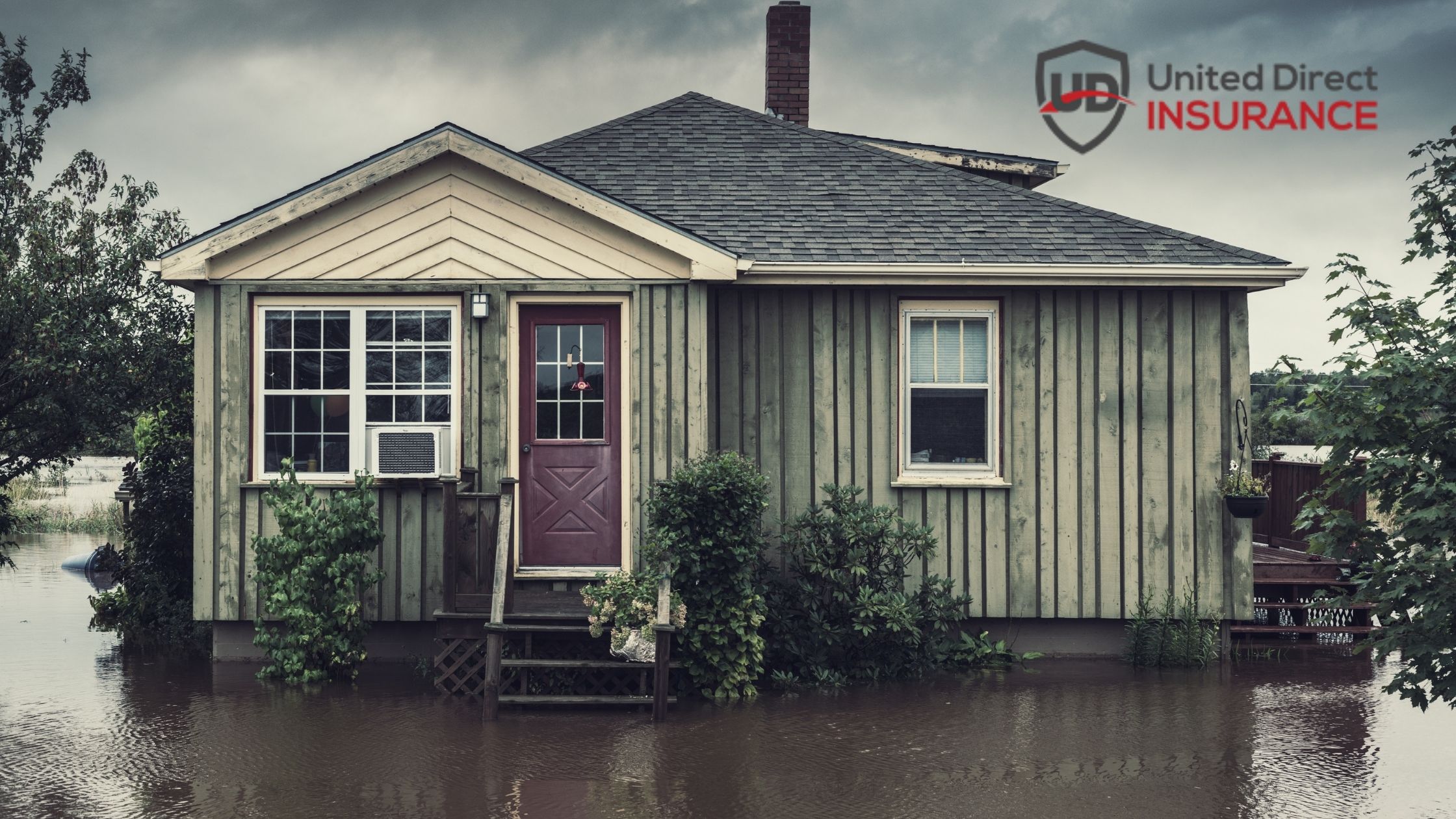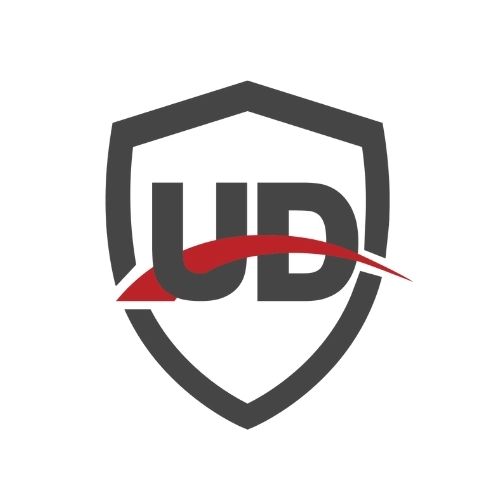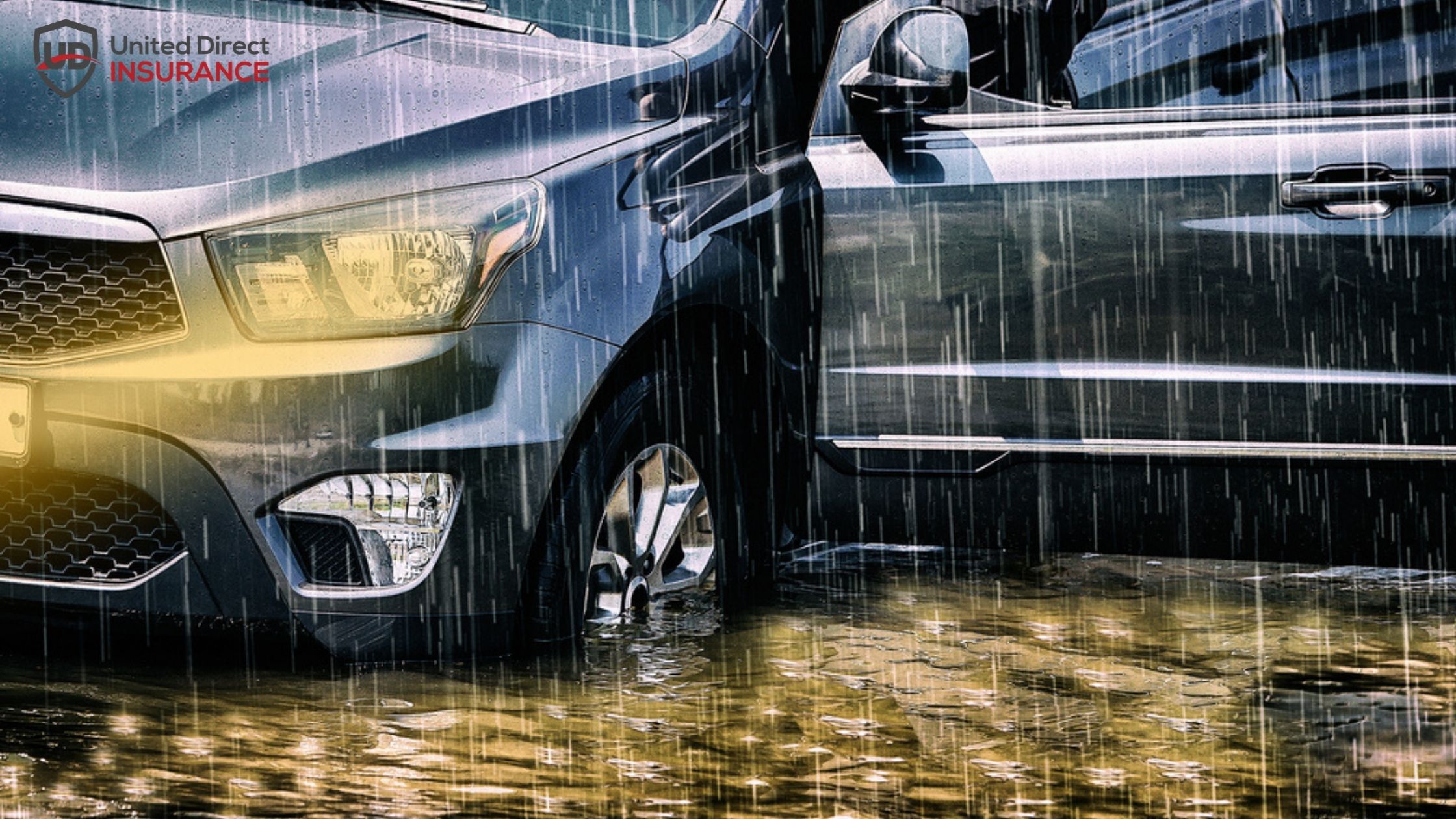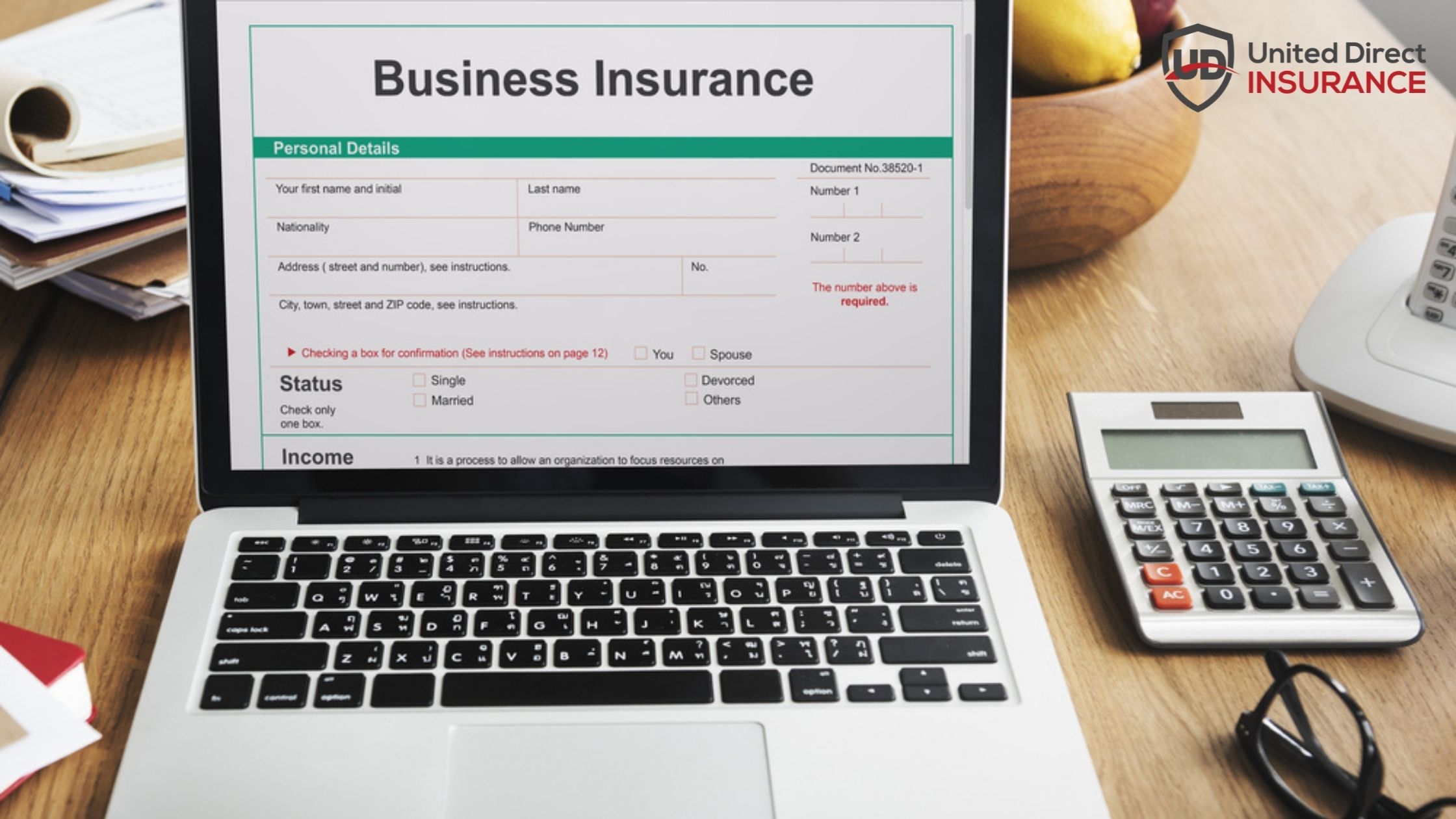Depending on where you live, adding a flood insurance policy to your homeowners' insurance is the best way to ensure that you are covered for every possible peril. When you buy a home, one of the first questions you need to ask is if there is any risk of flooding and whether or not a floodplain may be nearby.
The Risk of Flooding Is Real
If you are anywhere near a body of water, there is a real risk of flooding that you need to be concerned with. Rivers and lakes may not flood often, but it can result in an excessive amount of damage if they do. Talk to your insurance agent or local emergency management team to learn more about the risk of flooding in your area.
Disaster Assistance May No Be Readily Available
Many organizations like the Salvation Army will offer assistance to homeowners who have experienced damage to their homes. The problem with a flood is that you may not be able to get the assistance you need right away. Without any assistance, it may not be easy to find shelter or the necessities you need while your home is cleaned and repairs are made.
Flood Damage Can Be Severe and Costly
Flood damage can be incredibly severe and quite costly. Water goes deep into the substructure of your home, behind sheetrock, soaking into the deepest layer of materials. To repair these types of damage can be incredibly expensive. In some cases, it is almost like rebuilding from the ground up. If you don't have sufficient flood coverage, you will end up paying for much of this repair bill out of your pocket.
What Does Flood Insurance Cover?
Flood insurance covers any damage directly from floodwaters impacting your home. Any appliance, furniture, artwork, clothing, or décor will be covered as long as the damage was incurred during the flood. In addition to your possessions, the structure of your home will also be covered. This includes the interior as well as any exterior damage.
What Does Flood Insurance Not Cover?
Flood insurance does not cover the interruption of a home-based business, temporary housing, any currency or other valuables, or moisture and mildew that could have been prevented. Flood insurance does not cover damage to vehicles or other types of lawn equipment.
What About Basements and Areas Below the First Floor?
Any area that is below ground will not be covered under flood insurance. This involves crawlspaces, basements, or storm cellars. This can also refer to any closed areas that are under buildings that are elevated or on stilts.
How Does Flood Insurance Work?
Once a flood has occurred, your first goal is to get your family out of your home and to a place of safety. Document as much of the damage as you can in writing and photographs. Call your insurance agent and schedule an appointment. This may take a day or two, so you will have to find a way to secure your home while you can't live there. File your claim and wait until the insurance company is ready to offer you a settlement.
If you live in or near a floodplain or any type of water source, purchasing flood insurance is a must. Contact our insurance agents at United Direct Insurance at your earliest convenience to determine how much flood insurance you will need to protect your home from financial issues sufficiently.







